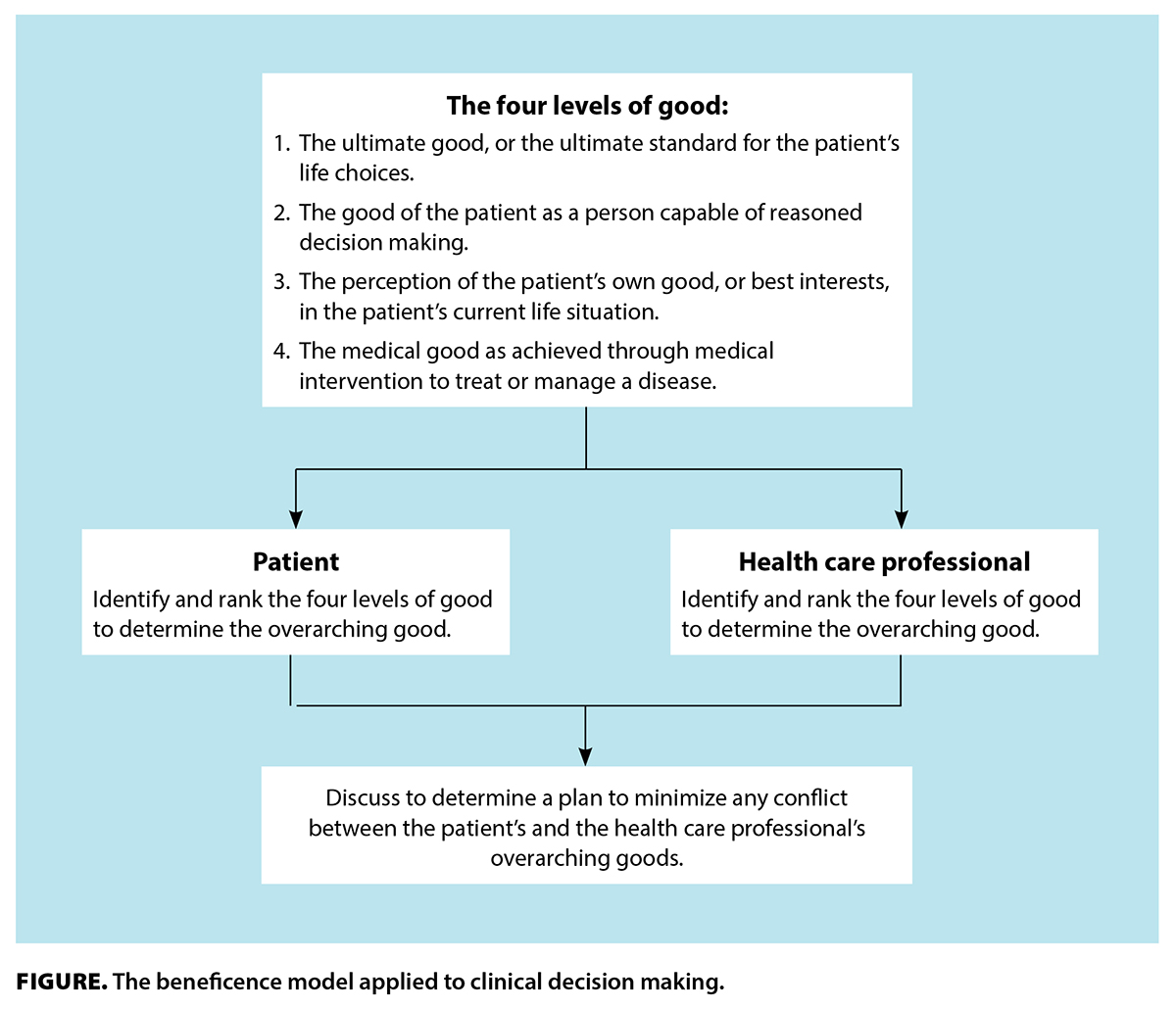

In our first meeting, I wasn’t sure that I was the right person to support Ian. He was reticent to share too much about himself in our first session and was clear that he felt he really needed support. Ian expressed worry about connecting well in therapy as he had struggled with counselling relationships in the past. He expressed sadness, loss, and anger about the way this relationship ended, and felt confused and helpless about the choice of his partner to end their connection. I first met Ian when he reached out after a breakup. Beneficence is the aspiration of counsellors to provide our services in a way that benefits the client or participant, not ourselves. We can’t assume this will occur naturally rather, it comes through thoughtful and active steps.įor these reasons, it can be helpful to keep beneficence at the forefront of our counselling practice, so we can uphold the highest standard of support while also caring for ourselves and remaining resilient. A second reason beneficence can be less than straightforward is that it needs to be built on a foundation of trust in the therapeutic relationship.

But counselling work may also cost us our energy, and cause compassion fatigue or the feeling that we’re not doing enough when the demand is high. However, it’s important to recognize that practicing beneficence isn’t always simple.Īs counsellors and helpers, we do benefit from doing this work – and that’s a good thing! For example, we get to experience the positive effects of compassion satisfaction, personal growth, and earning a living. This principle can seem straightforward and is clearly paramount to the work of supporting others. Beneficenceīeneficence is the aspiration of counsellors to provide our services in a way that benefits the client or participant, not ourselves. It’s meant to support the growth of confidence and effectiveness for all counsellors by looking at practical steps to apply each principle.
Principle of beneficence series#
This is the second blog in a series exploring ethics as part of our everyday counselling work. The principles become another tool in our toolbox to help us choose questions and interventions that support broader healing and growth. This means we can use ethical principles as guides in our overall counselling work. These are often listed as the foundational principles of autonomy, non-maleficence (do no harm), justice, beneficence (prioritizing the client’s best interests), loyalty, and honesty.Ī positive perspective toward ethics shifts our focus toward the aspirational purpose they are meant to serve. Ethical practice in counselling is built on common principles that reflect shared values in the helping professions.


 0 kommentar(er)
0 kommentar(er)
